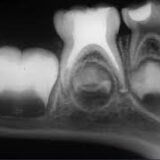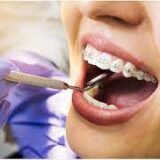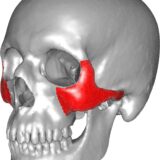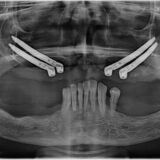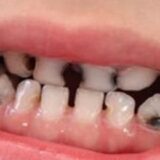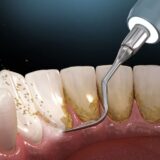
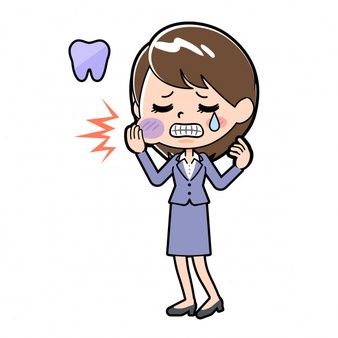
Stress and teeth pain
Outline of the Article
1.Introduction
2.The Relationship Between Stress and Teeth Pain
3.Common Causes of Teeth Pain
Dental Issues
Bruxism (Teeth Grinding)
TMJ Disorders
4.How Stress Contributes to Teeth Pain
Impact on Oral Health
Stress-Induced Habits
5.Symptoms of Stress-Related Teeth Pain
Identifying the Signs
6.Managing Stress-Induced Teeth Pain
Dental Care Practices
Stress Management Techniques
7.Preventive Measures
Stress Reduction Strategies
Oral Hygiene Habits
8.Seeking Professional Help
Importance of Dental Check-ups
Consulting a Therapist or Counselor
9.The Role of Lifestyle Changes
Diet and Nutrition
Exercise and Relaxation Techniques
10.Holistic Approaches to Addressing Stress and Teeth Pain
Alternative Therapies
Mindfulness Practices
11.Case Studies and Success Stories
Personal Experiences
Testimonials from Patients
12.The Importance of Seeking Timely Treatment
Avoiding Complications
Long-Term Oral Health Benefits
13.Educational Resources and Support Groups
Online Communities
Educational Materials
14.Conclusion
Summarizing the Key Points
15.Frequently Asked Questions (FAQs)
FAQ 1: Can stress really cause teeth pain?
FAQ 2: How can I tell if my teeth pain is stress-related?
FAQ 3: What are some immediate remedies for stress-induced teeth pain?
FAQ 4: Should I consult a dentist or a therapist for stress-related teeth pain?
FAQ 5: Are there any natural remedies for managing stress and teeth pain?

If you have ever experienced a sudden onset of teeth pain during stressful times, you are not alone. The relationship between stress and oral health is a topic gaining increasing attention in both medical and dental communities. In this article, we delve into the intricacies of how stress can manifest as teeth pain and explore effective strategies for managing and preventing it.
The Relationship Between Stress and Teeth Pain
Teeth pain, whether sharp and sudden or dull and persistent, can often be linked to stress. While it may seem surprising, there is a significant connection between our mental well-being and the health of our teeth and gums. Understanding this relationship is crucial for effectively addressing and alleviating stress-induced teeth pain.
Common Causes of Teeth Pain
Before delving into the specifics of stress-induced teeth pain, it’s essential to familiarize ourselves with the common underlying causes of dental discomfort.
Dental Issues
One of the primary culprits behind teeth pain is underlying dental problems such as tooth decay, gum disease, or infections. These issues can lead to sensitivity, inflammation, and discomfort, exacerbating the effects of stress.
.
Bruxism (Teeth Grinding)

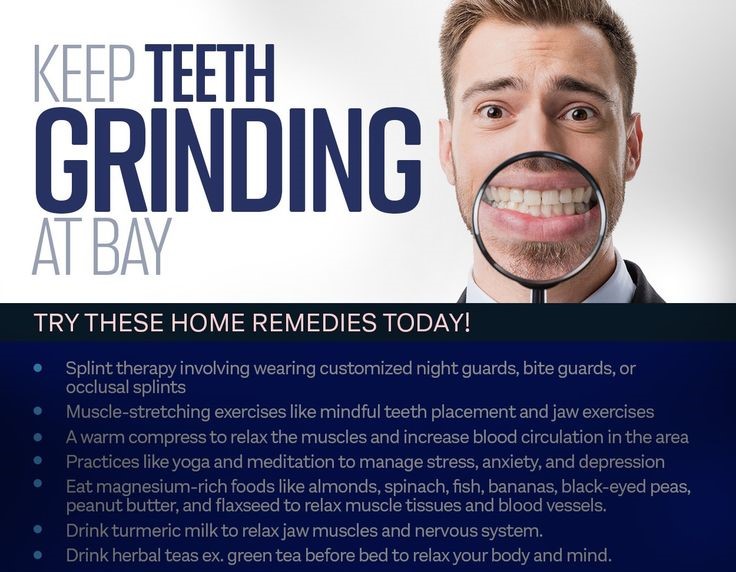
Bruxism, or teeth grinding, is a prevalent condition often associated with stress and anxiety. Grinding or clenching the teeth, especially during sleep, can result in jaw pain, headaches, and tooth damage over time.
TMJ Disorders
Temporomandibular joint (TMJ) disorders are another common cause of teeth pain, particularly in individuals experiencing high levels of stress. Dysfunction of the TMJ can lead to jaw stiffness, clicking or popping sounds, and facial pain.
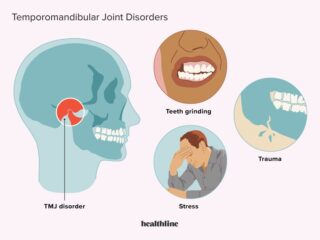
How Stress Contributes to Teeth Pain
Stress can exacerbate existing dental issues and contribute to the development of new symptoms. Understanding the mechanisms through which stress impacts oral health is essential for effective management.
Impact on Oral Health
Chronic stress can weaken the immune system, making individuals more susceptible to infections and inflammation in the mouth. Additionally, stress hormones like cortisol can increase inflammation throughout the body, including the gums, exacerbating existing dental problems.
Stress-Induced Habits
In times of stress, many people resort to unhealthy coping mechanisms such as smoking, excessive alcohol consumption, or poor dietary choices. These habits not only compromise overall health but also have detrimental effects on oral health, leading to tooth decay, gum disease, and other issues.

Symptoms of Stress-Related Teeth Pain
Identifying the signs of stress-induced teeth pain is crucial for timely intervention and treatment. While the symptoms may vary from person to person, some common indicators include:
Increased tooth sensitivity to hot or cold stimuli
Jaw pain or stiffness, especially upon waking
Headaches or migraines, often concentrated around the temples or jaw
Worsening of existing dental problems, such as cavities or gum disease
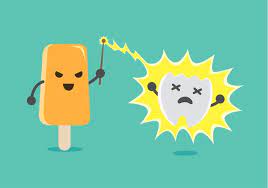
Managing Stress-Induced Teeth Pain
Addressing stress-induced teeth pain requires a multifaceted approach that combines dental care practices with stress management techniques.
Dental Care Practices
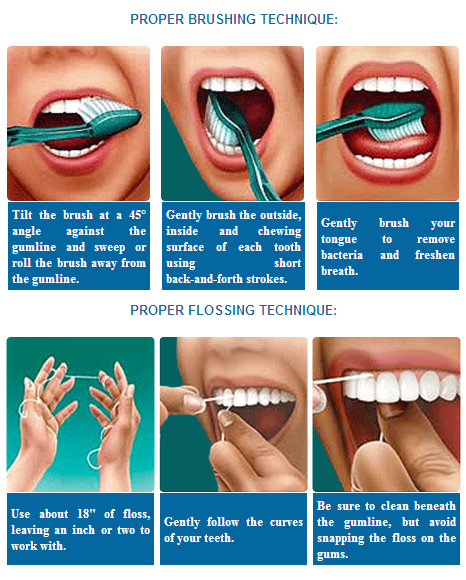

Maintaining good oral hygiene habits is paramount in preventing and managing teeth pain. This includes:
Brushing teeth twice a day with fluoride toothpaste
Flossing daily to remove plaque and debris between teeth
Using a mouthwash to rinse away bacteria and freshen breath
Regular dental check-ups and cleanings to detect and address any issues early
Stress Management Techniques
In addition to proper dental care, adopting stress management techniques can help alleviate the symptoms of stress-induced teeth pain. Some effective strategies include:
Deep breathing exercises to promote relaxation and reduce tension in the jaw
Meditation or mindfulness practices to calm the mind and alleviate stress
Regular exercise to release endorphins and improve overall well-being
Prioritizing sleep and establishing a consistent sleep schedule to reduce fatigue and promote healing
Preventive Measures
Preventing stress-related teeth pain involves proactive steps to reduce stress levels and maintain optimal oral health.
Stress Reduction Strategies
Identifying and addressing the sources of stress in your life is crucial for long-term oral health. This may involve:
Setting boundaries and learning to say no to excessive commitments
Practicing time management and prioritizing tasks effectively
Seeking support from friends, family, or mental health professionals when needed
Oral Hygiene Habits

Incorporating healthy oral hygiene habits into your daily routine can help prevent dental problems exacerbated by stress. This includes:
Limiting consumption of sugary and acidic foods and beverages
Drinking plenty of water to stay hydrated and promote saliva production
Avoiding tobacco products and excessive alcohol consumption, which can contribute to gum disease and tooth decay
Seeking Professional Help
If stress-induced teeth pain persists or worsens despite home care efforts, it’s essential to seek professional help.
Importance of Dental Check-ups
Regular visits to the dentist allow for early detection and treatment of dental issues, preventing them from escalating into more significant problems. Dentists can also provide personalized recommendations for managing stress-related teeth pain.
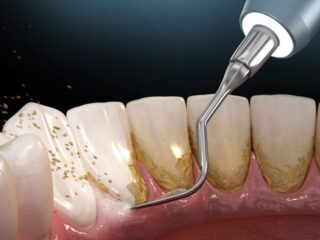
Consulting a Therapist or Counselor
In some cases, stress-induced teeth pain may be a sign of underlying mental health issues that require professional intervention. Consulting a therapist or counselor can help address the root causes of stress and develop coping strategies for managing it effectively.
The Role of Lifestyle Changes
Making positive lifestyle changes can have a significant impact on both stress levels and oral health.
Diet and Nutrition

Consuming a balanced diet rich in fruits, vegetables, lean proteins, and whole grains provides essential nutrients for overall health, including oral health. Avoiding excessive sugar and processed foods can help prevent tooth decay and gum disease.
Exercise and Relaxation Techniques
Regular physical activity not only reduces stress but also promotes circulation and overall well-being. Incorporating relaxation techniques such as yoga or tai chi into your routine can further enhance stress relief and improve oral health.

Holistic Approaches to Addressing Stress and Teeth Pain
In addition to conventional treatments, holistic approaches can complement traditional dental care in managing stress-induced teeth pain.
Alternative Therapies
Acupuncture, chiropractic adjustments, and herbal supplements are among the alternative therapies that some individuals find helpful in alleviating stress and promoting relaxation.

Mindfulness Practices
Mind-body practices such as acupuncture, meditation, and yoga focus on cultivating awareness and promoting holistic well-being. These techniques can help reduce stress levels and alleviate the symptoms of stress-related teeth pain.
Case Studies and Success Stories
Sharing personal experiences and success stories can provide inspiration and encouragement to those struggling with stress-induced teeth pain. Hearing how others have overcome similar challenges can instill hope and motivation for positive change.
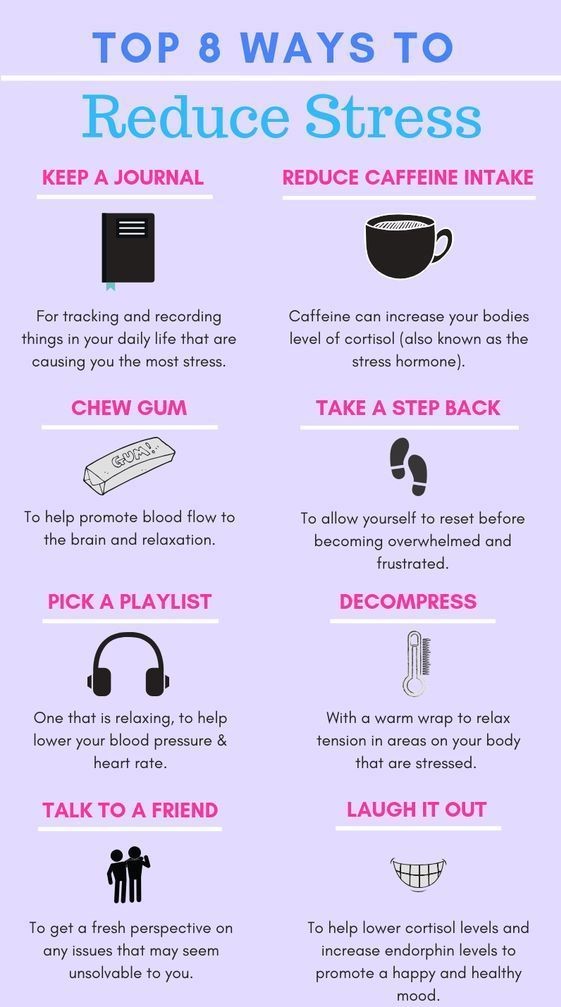
Personal Experiences
Individuals who have successfully managed stress-induced teeth pain can share their journeys, including the strategies and techniques that worked for them.
Testimonials from Patients
Dentists and healthcare providers can also share testimonials from patients who have experienced relief from stress-induced teeth pain through targeted interventions and lifestyle modifications.
The Importance of Seeking Timely Treatment
Addressing stress-induced teeth pain promptly is essential for preventing complications and maintaining long-term oral health.
Avoiding Complications
Untreated dental issues exacerbated by stress can lead to more significant problems such as abscesses, tooth loss, and systemic infections. Seeking timely treatment can prevent these complications from occurring.
Long-Term Oral Health Benefits
By effectively managing stress-induced teeth pain, individuals can enjoy improved oral health and overall well-being. Investing in preventive care and stress management strategies can yield lasting benefits for years to come.
Educational Resources and Support Groups
Access to educational resources and support groups can further empower individuals to take control of their oral health and well-being.
Online Communities
Joining online communities or forums dedicated to oral health and stress management can provide valuable support, advice, and encouragement from peers facing similar challenges.
Educational Materials
Dentists, mental health professionals, and community organizations may offer educational materials such as articles, videos, and workshops on stress management and oral health promotion.
.
Conclusion
Stress can significantly impact oral health and contribute to teeth pain and other dental problems. By understanding the relationship between stress and oral health and adopting proactive strategies for prevention and management, individuals can effectively alleviate stress-induced teeth pain and enjoy improved overall well-being.
Frequently Asked Questions (FAQs)
FAQ 1: Can stress really cause teeth pain?
Yes, stress can contribute to teeth pain by exacerbating existing dental issues such as tooth decay, gum disease, and bruxism (teeth grinding).
FAQ 2: How can I tell if my teeth pain is stress-related?
Teeth pain that worsens during times of stress or is accompanied by other stress-related symptoms such as jaw tension or headaches may be indicative of stress-induced teeth pain.
FAQ 3: What are some immediate remedies for stress-induced teeth pain?
Immediate remedies for stress-induced teeth pain may include applying a cold compress to the jaw, practicing relaxation techniques, and taking over-the-counter pain relievers as needed.
FAQ 4: Should I consult a dentist or a therapist for stress-related teeth pain?
Both dentists and therapists can play valuable roles in addressing stress-related teeth pain. Dentists can diagnose and treat dental issues, while therapists can help identify and address the underlying causes of stress.
FAQ 5: Are there any natural remedies for managing stress and teeth pain?
Natural remedies for managing stress and teeth pain include practicing relaxation techniques, maintaining a healthy lifestyle, and seeking support from friends, family, and mental health professionals.


